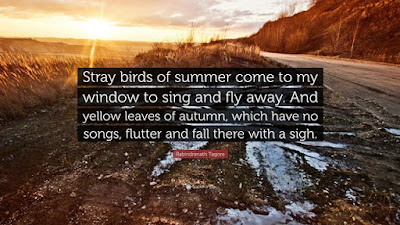The pulley
Restlessness, the longing for something different, something new, or something more, seems to be part of the human condition, and in this poem, George Herbert reflects on this human characteristic. The title is a metaphor drawn from mechanical engineering. A pulley is a device with which by pulling down you lift something up. Restlessness is a device by which God lifts men and women to Himself.
Here is the poem:
When God at first made man,
Having a glass of blessings standing by,
“Let us,” said he, “pour on him all we can.
Let the world’s riches, which dispersèd lie,
Contract into a span.”
So strength first made a way;
Then beauty flowed, then wisdom, honour, pleasure.
When almost all was out, God made a stay,
Perceiving that, alone of all his treasure,
Rest in the bottom lay.
“For if I should,” said he,
“Bestow this jewel also on my creature,
He would adore my gifts instead of me,
And rest in Nature, not the God of Nature;
So both should losers be.
“Yet let him keep the rest,
But keep them with repining restlessness;
Let him be rich and weary, that at least,
If goodness lead him not, yet weariness
May toss him to my breast.”
~ George Herbert
The poem is built around the conceit of imagining God in the process of making human beings. It has echoes of the story of creation in the opening of the Bible, the first chapter of the Book of Genesis. (Herbert uses the word “man” in the sense of “humankind” as was typical of all writers in his era.)
The poem imagines God adding different qualities to this new creation, pouring them in as a cook might pour ingredients in a cake. He is a generous Creator. All His blessings, all the world’s riches, are given to humankind, except for one.
“Rest” in the Christian tradition is one of God’s gifts. Jesus said, “Come to me all that are weary and carrying heavy burdens, and I will give you rest.” (Matthew 11.28) “Rest” is also used as a picture of the destiny God promises to those who walk in His way, a picture of heaven. It is a precious “Jewell”.
God pauses before He adds this final gift. If He gives this, people may “adore my gifts instead of me”. Some commentators have seen this as God being manipulative, not giving human beings the gift of rest so as to make them turn to Him. Herbert’s response is in the final line of that verse. If someone finds satisfaction in God’s gifts and does not come to know God Himself, then both God and the person are impoverished, “both should losers be”.
He starts the final verse with a pun playing on another meaning of the word “rest” - “remainder, what is left”. Human beings are both richly endowed, but also “wear” – dissatisfied, tired of what they have. And this weariness tosses – flings – them into God’s embrace, like a restless, unhappy child wanting to be hugged and flinging itself into its father’s arms.




Comments